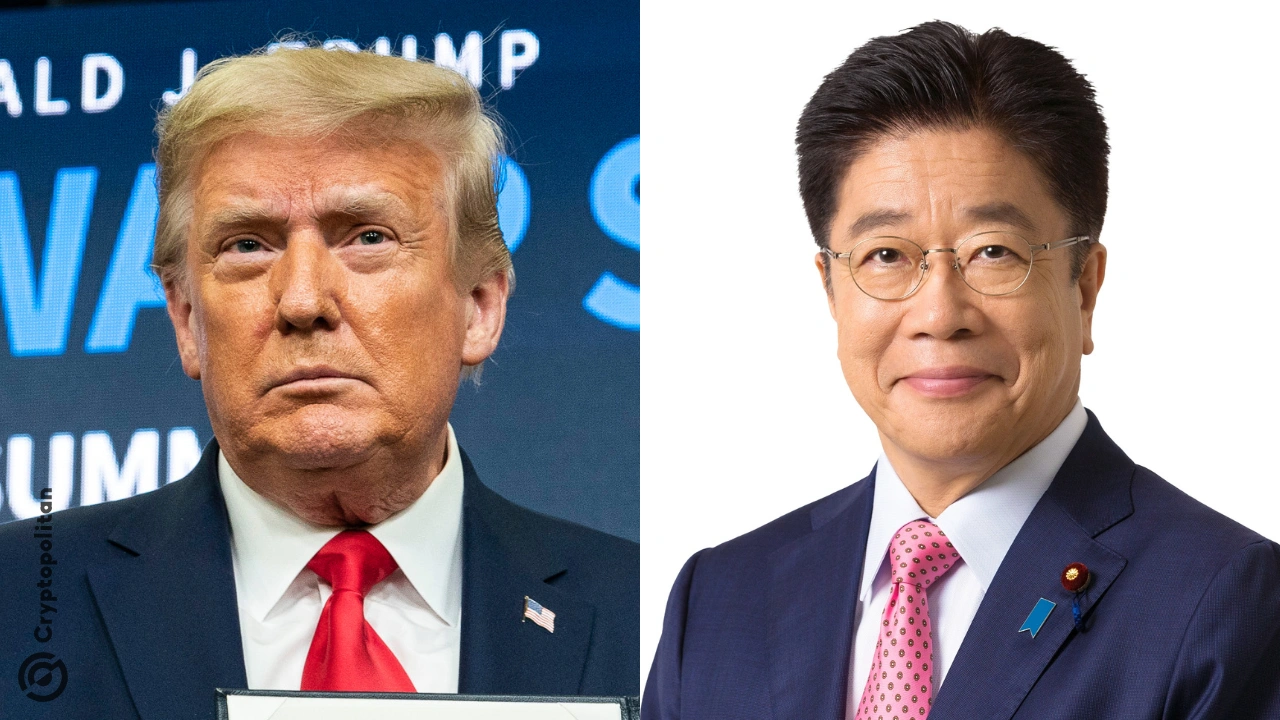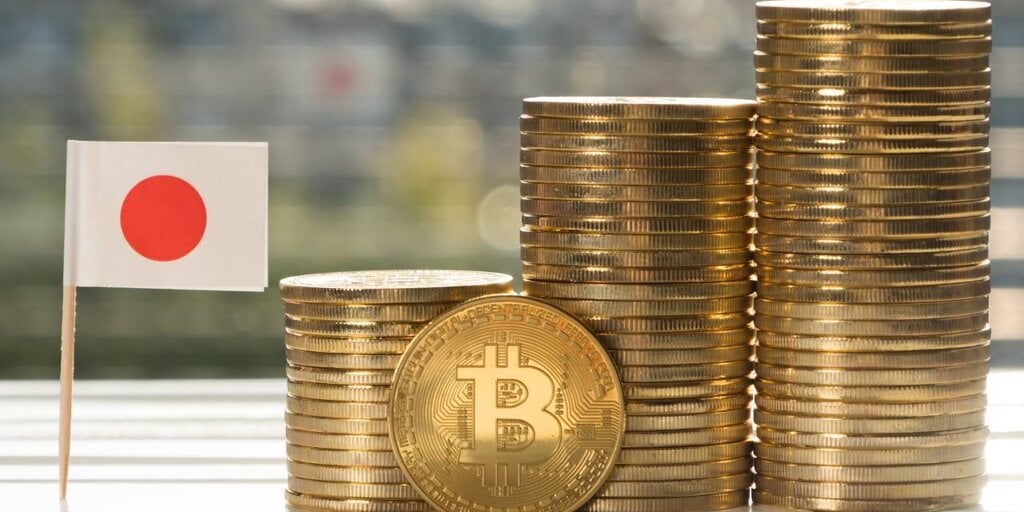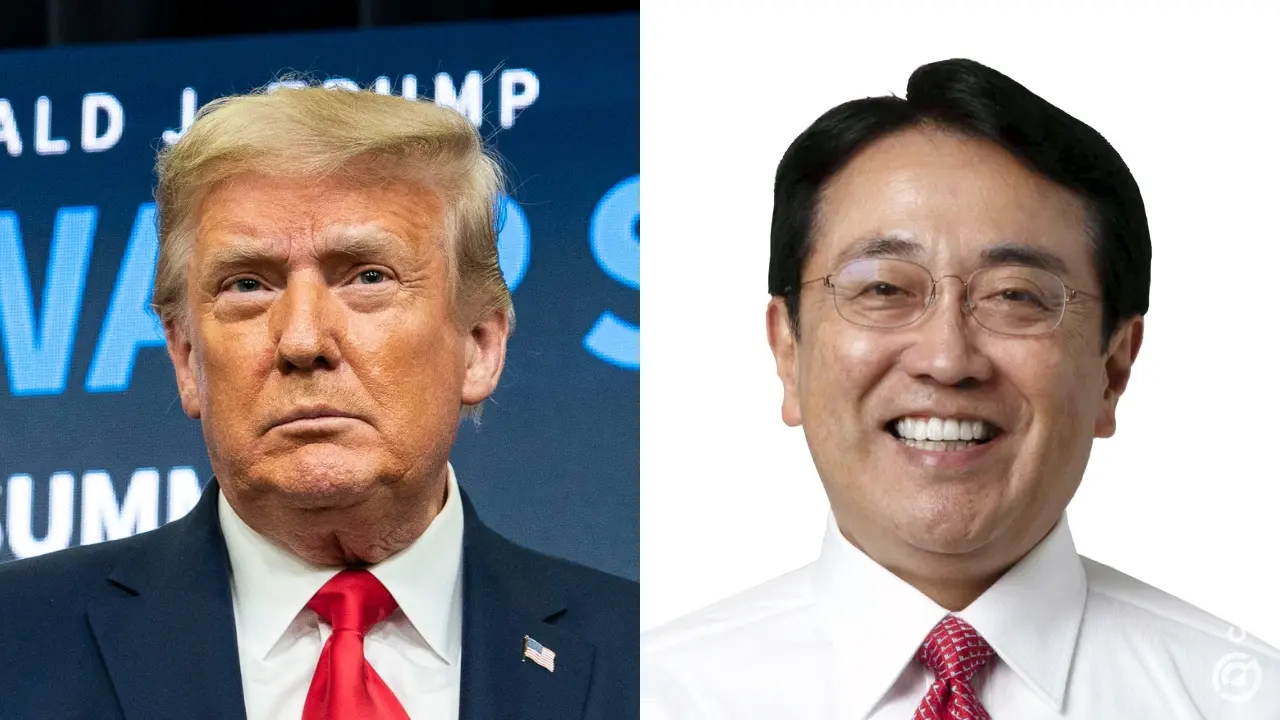Shares of Japanese gaming giants Nintendo Co. and Sony Group Corp. tumbled over 10% in Tokyo on Monday, dragged down by a broad market selloff across Japan.
The decline was intensified by former U.S. President Donald Trump’s latest comments on imposing sweeping tariffs on U.S. imports.
Nintendo led the losses on the Nikkei 225, plunging more than 10%, as Trump’s renewed tariff rhetoric reignited fears of escalating U.S.-China trade tensions, unsettling investors across Asian markets.
The hit was particularly harsh for Nintendo, which relies on North America for more than 40% of its holiday quarter sales. The timing is especially critical as the company prepares to launch its upcoming Switch 2 console.
Nintendo delays U.S. pre-orders due to concerns about potential Trump tariff effects
Nintendo has postponed its U.S. pre-orders as the company assesses the potential fallout from recent developments. The situation also continues to worsen; exports from China and Vietnam, where most Nintendo Switch hardware is produced, are currently subject to tariffs of at least 46%.
President Trump, defending his tariff policy, has said the U.S. needs balanced trade with the rest of the world, explaining trade deficits as straight losses. He argued that the country should aspire to trade surpluses or, at least, be even.
The position indicates that the administration will likely not consider rolling back the tariffs without a fundamental revision of existing trade relations. The rigidity is increasingly straining Japan’s crucial sectors, such as tech giants and financial institutions.
Shares of Japanese conglomerates such as SoftBank Group Corp. and Rakuten Group Inc. are more than 12% lower, alongside Nintendo. Export-reliant companies like Advantest Corp. and Disco Corp. — major suppliers to the semiconductor industry — have had to shell out even heavier losses.
The impact of Trump’s recent tariff policies on Japanese tech companies gets worse as time passes
Nintendo’s upcoming Switch 2 console, set to launch on June 5, is stirring market concerns as its $449.99 U.S. price tag hovers at the high end of analyst expectations—raising red flags about the potential impact of new U.S. tariffs under President Donald Trump’s administration.
While indicative of next-generation hardware capabilities, the elevated launch price has raised concerns that supply chain disruptions related to tariffs could cloud the video game industry’s hopes for a significant sales uptick.
Trump’s sweeping trade policies, especially directed at China and other key U.S. trading partners, leave investors wondering whether Nintendo’s ambitious launch will be constrained by surging costs and logistical challenges.
Jefferies analyst Atul Goyal, who had forecasted a price near the eventual $449.99 mark, thinks that an initial drop in Nintendo’s stock price may be short-lived. He said that once the console reaches stores, pent-up demand is likely to spur strong sales that will push the console in a positive direction, reversing the market’s negative response.
“I think the pricing reflects that Nintendo wants to include some financial border against potential supply shocks,” he added, echoing that sentiment of gaming industry analyst Serkan Toto, the founder of Kantan Games. “The $449.99 price suggests that Nintendo might be bracing for additional disruption if tariffs land more aggressively than anticipated,” Toto said.
To reduce those risks, Nintendo has already started diversifying its production, with a large portion of Switch 2 production moving away from China into Vietnam, a shift the company started during Trump’s first term to lessen reliance on Chinese factories.
The Switch 2 launch marks a critical moment for Nintendo, one of the few pure-play gaming companies that still heavily depends on its own proprietary consoles alongside its popular franchises, such as Mario and Zelda. The original Switch launched in 2017 at a competitive $300 price and went on to prove a breakout success by hybridizing home console and portable gameplay on a single device — selling over 150 million units in total — and reshaping the industry in the process.
But outside of the hardware, initial reactions from the gaming community indicate worries about game pricing, too. Titles such as the new Mario Kart sequel are expected to sell for as much as $80, prompting backlash from fans who argue the total cost of ownership is becoming too high.
As June inches closer, everyone will be watching Nintendo’s ability to navigate geopolitical headwinds and deliver a console that lives up to eight years of hype.
Cryptopolitan Academy: Want to grow your money in 2025? Learn how to do it with DeFi in our upcoming webclass. Save Your Spot
















No comments yet